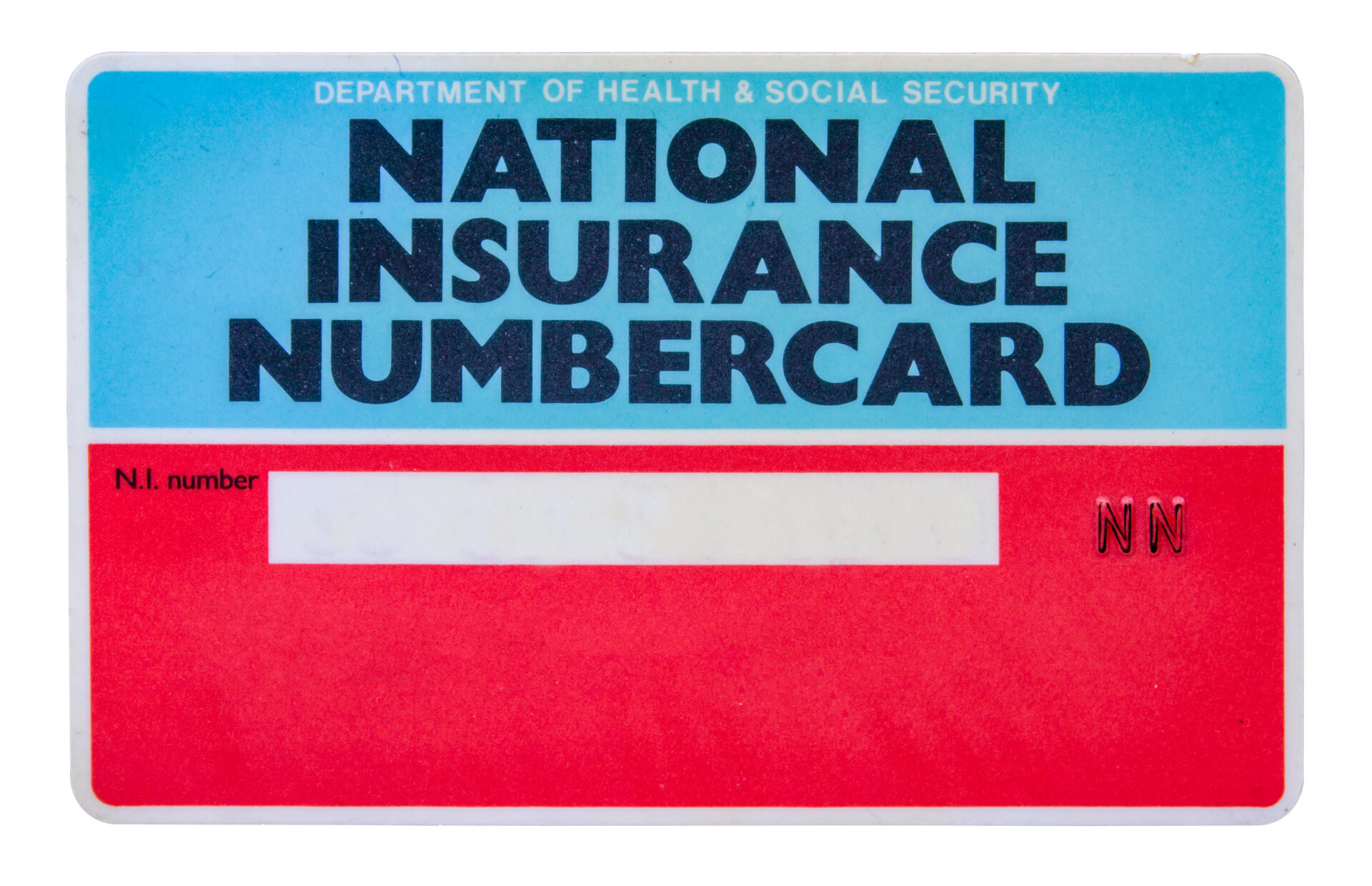

Here we are with more budget highlights:
Personal Taxes
Income tax
- No changes made to headline rates or thresholds, with current thresholds remaining frozen until April 2028.
- However from April 2028, rates will ‘unfreeze’ and increase in line with inflation.
Inheritance tax
- Agricultural property relief and business property relief will be reformed from 6 April 2026 with 100% relief for the first £1 million of combined assets and 50% relief thereafter.
- Relief for shares not listed on a recognised stock exchange (such as AIM) has also been halved to 50% from 6 April 2026.
- From 6 April 2027, unspent pension pots (including death benefits payable from a pension) will be brought into a person's estate for IHT purposes.
Non-domiciled individuals
- The remittance basis of taxation for non-UK domiciled individuals will be abolished, with the concept of domicile being replaced with a residence based regime from 6 April 2025.
Capital gains tax
- The lower and higher main rates of CGT will increase to 18% and 24% respectively for disposals made on or after 30 October 2024.
- The rate for business asset disposal relief and investors' relief will remain at 10% on gains of £1 million for this year, increasing to 14% from 6 April 2025 and will match the main lower rate of 18% from 6 April 2026.
Employment Taxes
National living and minimum wages
The National Living Wage for employees aged 21 and over will increase by 6.7% t£12.21 per hour from April 2025. The National Minimum Wage for 18-20 year olds will rise to £10.00 per hour.
National Insurance Contributions (NICs)
Employer NICs
- The rate of employer NICs will increase from 13.8% to 15% from 6 April 2025.
- The Secondary Threshold (the amount at which employers start to pay NICs) will be reduced from £9,100 to £5,000 a year from 6 April 2025 until 6 April 2028, and then increased by CPI thereafter.
Employment Allowance
- The Employment Allowance will increase from £5,000 to £10,500
- The £100,000 employer’s NIC threshold for eligibility will be removed from 6 April 2025 increasing its availability to a larger number of employers.
Payrolling Benefits in Kind
From April 2026 employers will be required to report and pay tax and Class 1A NIC on benefits in kind on a real time basis, with the exception of accommodation and loans.
Accommodation and loans may be payrolled on a voluntary basis, with mandatory payrolling to follow at a later date.
A new end of year process will be introduced, to manage adjustments needed
Company car tax
The government is setting Company Car Tax (CCT) rates for 2028/29 and 2029/30 as follows:
- Percentage rates for zero-emission and electric vehicles will increase by 2% per year, reaching 9% in 2029/30.
- For cars with emissions of 1-50 g/km of CO2, including hybrid vehicles, percentage rates will increase to 18% in 2028/29 and 19% in 2029/30.
- The maximum percentage rate will reach 39% in 2029/30.
Business Taxes
Corporation Tax Rate
- The headline rate of Corporation Tax will be capped at 25% for the duration of the Parliament
- Small Profits Rate and marginal relief will be maintained at their current rates and thresholds.
Capital allowances
No change to full expensing, the £1m Annual Investment Allowance, current writing down allowances and the Structures and Buildings Allowance.
R&D Tax Reliefs:
The existing rates for the merged R&D Expenditure Credit scheme and the Enhanced Support for R&D Intensive SMEs will be maintained.





